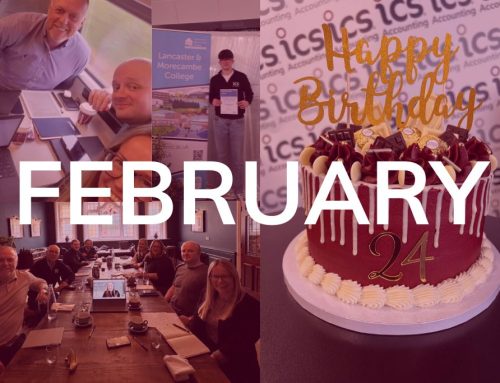What would it take to make you cut your 9 to 5 loose and go solo? While it’s not for everyone, there are over two million freelancers working in the UK today. That’s over two million people who decided they didn’t want their career controlled by someone else’s decisions.
It’s a tempting image, more so some days than others. But while some success stories went freelance on the spur of the moment, the majority of Britons making freelance life work for them weighed up their options first. So what would it take to be ready to go freelance?
Basic Assumptions of a Freelancer
We’ll start out with the basic assumption that you know your field of work very well. You’re going to need to be able to execute well on behalf of your customers – and if you can’t, your freelance career won’t last long whatever else happens.
You probably have a good idea of the services that clients think they need as well as the services they actually need (sometimes these aren’t the same) simply from your current role. If you can handle everything they’d want from a single person operation and deliver consistently, then you’re in a good position for this.
You’re also going to need to be willing to put in the hard work. Whether that means long hours, putting all kinds of tricks into place to deliver work faster without skimping on quality, or some combination of the two, it’s that determination and dedication that will drive you forwards, especially to begin with.
Freelancers Need to Sell
Within a larger business, you may not have had any direct contact with your customers. Even if you did, in most cases someone else will have actually sold your work to your customers. That responsibility is going to fall to you.
- You’ll have to network
- You’ll have to promote yourself
- You’ll have to approach potential customers
- You’ll have to respond to customer approaches
- You’ll have to close the deal
All of the above take ‘soft skills’ in dealing with people. There are resources and groups out there to help you hone these skills, but they remain a fundamental part of the freelancer life.
An often overlooked part of selling your services, though, is less of a soft skill and more based on hard data – setting the price.
You can expect some potential clients to haggle, others to simply react to what your price is. It’s very possible that some leads will tell you they’re not interested at the price you propose.
This is where your data comes in.
- How long will it take you to accomplish what your customer is asking for?
- How much will you need to make, realistically, in that time just to break even?
- What extra costs need to be taken into account?
- What profit margin are you aiming for?
- What profit margin are you willing to accept?
- How much leeway do these figures have?
- What will the market stand?
If you’re missing answers to some of these questions, setting prices is going to be guesswork – and that can mean working at a loss!
Freelancers Should Be Organised
Selling your services. Doing the work. Keeping your books up to date. Chasing payments if they’re late. Communicating with anyone at the client whose work interlinks with yours. Delivering your work to deadlines, even when you have several customers all with deadlines of their own.
At any given moment, a freelancer needs to know where they are with all of the above. For some of these, it’s possible to outsource them – which reduces the mental load of freelancing significantly – but you should still know what’s going on with them. This requires strong organisational skills, but the good news is that there are tools to help you to develop these.
Calendar apps, schedulers, spreadsheets and automatic reminders are all good ways to make sure nothing slips through the cracks.
Freelancers Should Know Their Limits
If you know each of your clients will take up ten hours each week, you’re not going to try to take on twelve clients at once.
Of course, realistically it’s not just about the time your clients take up. Admin, accounting, and marketing all take time too. Add in your personal life and necessities and remember that you only have 24 hours a day to pack all of this in.
As a freelancer, your goal might be to make as much money as you can in a short period and be able to relax later. It might be to make enough for your needs and to free up time to spend with your friends, family, and projects.
In either case, you’ll want to create and maintain boundaries. Whether it’s ensuring you don’t burn out before you achieve your goals or making sure you have a certain amount of free time in the week, finding outside support can make the difference.
At ICS Accounting, we know that contractor accountants can free you up to focus on what matters to you. We make sure you have the right people behind you, so that side of what you’re doing is covered and you can make the most of your opportunities.
When you’re ready to make the change, contact us and you’ll know that one aspect of freelancing is taken care of right from the start.



















